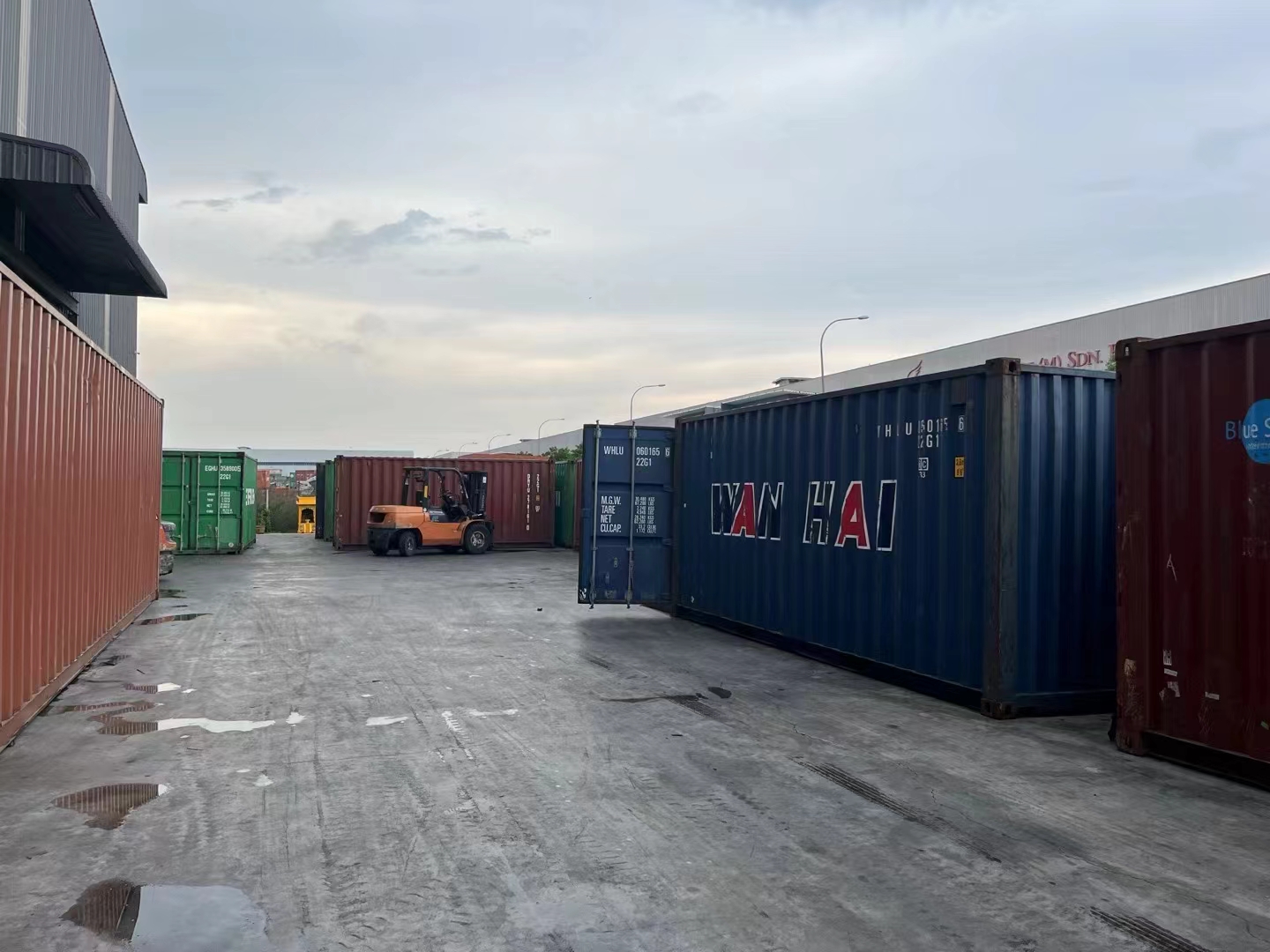Providing Sea Shipping Service Import Customs Clearance Service From China to Roma,Genoa,Italy
What does FCL mean in shipping?
In the shipping industry, the abbreviation FCL represents the phrase ‘Full Container Load’. It signifies that a shipment occupies the entire capacity of a container, without the need to share it with other shippers.
With FCL cargo, a single shipper exclusively owns and utilizes the complete space within the container for their goods.
Shipping lines provide a range of containers with varying sizes and functionalities to cater to different shipping needs. Here are some common container types:
Standard dry containers: These are the most commonly used containers for general cargo transportation. They are suitable for transporting dry goods that do not require specific temperature or storage conditions.
Refrigerated containers: Also known as reefer containers, they are equipped with temperature control systems to transport perishable goods that require a specific temperature range, such as fruits, vegetables, pharmaceuticals, or certain chemicals.
Tank containers: These containers are designed to transport liquid or gaseous cargo. They have specialized tanks built within them to ensure safe and efficient transportation of liquids, chemicals, or gases.
Flat rack containers: Flat rack containers have open sides and no roof, allowing for easy loading and unloading of oversized or heavy cargo. They are suitable for transporting goods that cannot fit within the dimensions of a standard container.
The average length of most containers is either 20 feet or 40 feet, which are the standard sizes commonly used in international shipping. These container sizes provide a standardized framework for efficient loading, stacking, and transportation of goods across different modes of transportation.

Benefits of FCL
When it comes to shipping, opting for FCL (Full Container Load) offers significant advantages. With FCL, you have the flexibility to either instruct the shipper to load your container or take charge of loading the cargo yourself. Once the container is loaded, it embarks on a journey to the designated port where it is carefully loaded onto a cargo ship. Renowned shipping companies operate regular departures to and from major ports across the globe, ensuring reliable transportation services.
Upon reaching the destination port, the container is efficiently unloaded, and your goods are promptly delivered to the intended recipient. It’s worth noting that FCL shipments often involve intermodal transportation, seamlessly integrating various modes such as trucks, trains, and, if necessary, even aircraft, throughout the entire transport chain. This multimodal approach ensures smooth and streamlined logistics from the point of origin to the final destination.
The advantages of opting for FCL cargo extend beyond the convenience of exclusive container usage. By choosing FCL, you significantly reduce the risks associated with damage or loss during transit. Moreover, you can enjoy faster transit times as shipping lines assume complete control and oversight of the entire shipment. This comprehensive involvement ensures efficient handling, enhanced security, and a seamless transportation experience for your goods.
With FCL shipping, you gain peace of mind, knowing that your cargo receives dedicated attention and a higher level of protection throughout the journey.
Benefits of LCL
LCL (Less than Container Load) presents a dynamic and cost-effective solution for transporting smaller shipments between major ports across the globe. This adaptable shipping method caters to a wide range of cargo sizes, accommodating everything from small parcels to larger consignments. The greatest advantage lies in the ability to swiftly dispatch your goods as soon as they are prepared, without the need to wait for a complete container to be filled.
It is important to bear in mind that, in the case of LCL, you do not have control over the specific types of cargo sharing the container. Consequently, there may be instances where delays occur due to the container being utilized by multiple parties, beyond your direct influence.
To ensure a reliable and efficient service, shipping companies often establish fixed departure times and guarantee cargo space on vital routes. This empowers you to plan your shipments effectively, providing the assurance that your goods will be transported according to scheduled departures.
LCL shipping proves to be an optimal choice for smaller shipments, offering remarkable flexibility and convenience while effectively utilizing shared container space. By leveraging the fixed schedules and guaranteed cargo space offered by shipping companies, you can streamline your logistics operations and ensure the prompt delivery of your goods.
-
RELATED NEWS